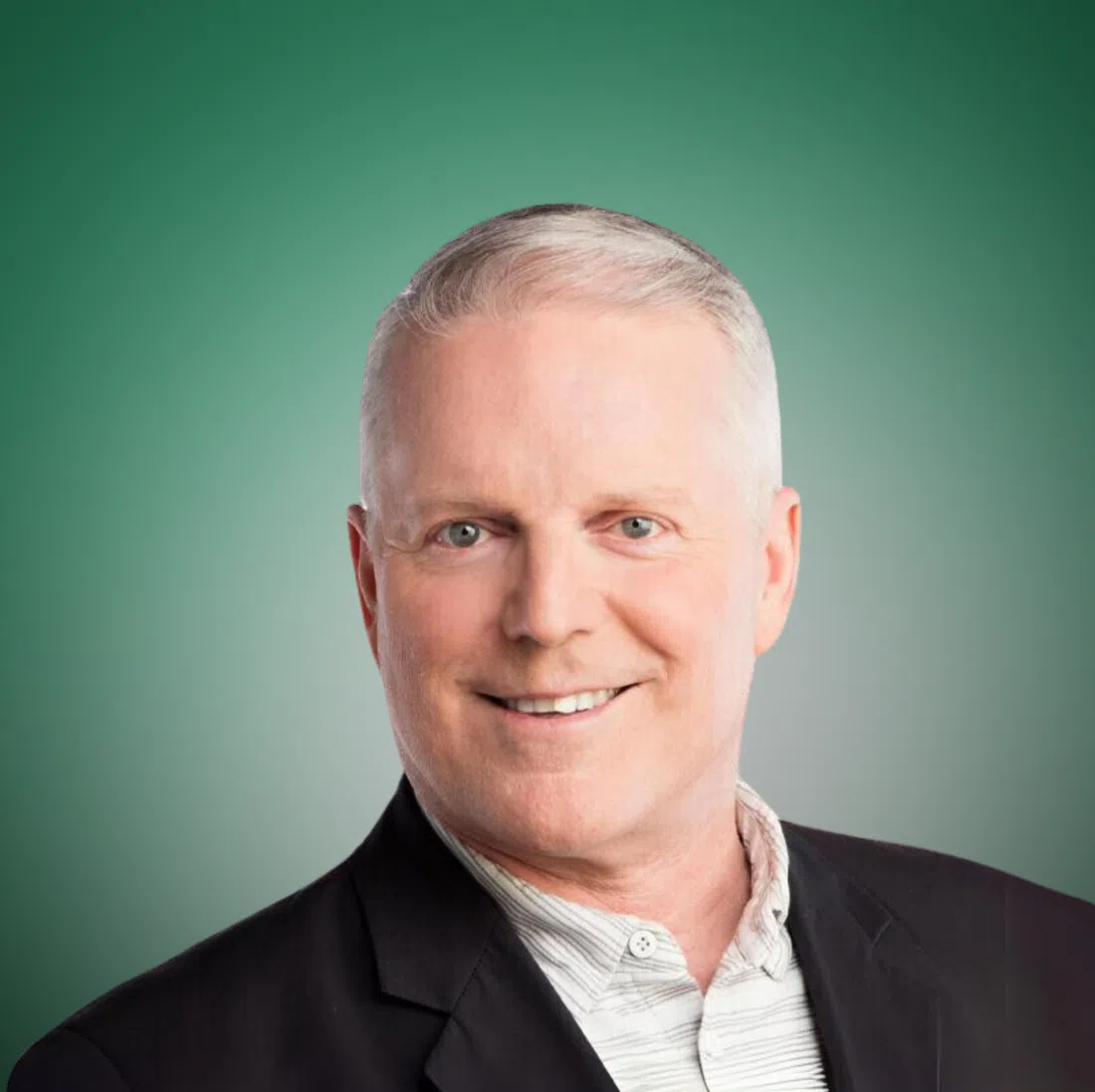Seasonal depression is a very real mental health phenomenon during the cold, grey wintertime, but according to one expert there are a number of effective treatments available.
Dr. Katy Kamkar, a psychologist with the Centre for Addiction and Mental Health, joined Gormley Thursday to discuss seasonal depression, which is clinically known as seasonal affective disorder or SAD.
“While we often hear of clinical depression, we rarely hear of SAD, seasonal affective disorder,” Kamkar said. “It’s a type of depression that tends to be affected by the time of the year and then also the weather. So, the symptoms usually occur during the fall season and/or early winter.”
Kamkar said SAD is not the same thing as the typical mood fluctuations most people experience during the cold, dark months. Those suffering SAD will experience ongoing depressed and hopeless feelings, she said, and may also have lower energy, increased appetite (especially cravings for carbohydrates), weight gain, lethargy and increased sleep, self-isolation, and reduced interest in previously-enjoyed activities.
Although no specific cause of SAD has been proven, Kamkar said reduced sunlight can affect the body’s levels of serotonin, the neurotransmitter which regulates happiness, as well as melatonin, the hormone responsible for wakefulness.
“It’s very important to seek professional help,” Kamkar said.
The treatment for SAD usually takes a holistic approach, she noted, and can include psychological treatment, behavioral therapy, medication, phototherapy (light therapy), physical exercise, and nutritional supplements.
In many cases, Kamkar said small changes can make a big difference for those experiencing SAD. These include keeping up with a regular routine, maintaining a healthy diet, and having regular exposure to natural light – even on cloudy days.
Kamkar said seasonal affective disorder is getting increased attention worldwide as organizations and individuals work to break down the stigmas around mental health issues.
“Every single person is responsible to talk about mental health,” she said. “Just as physical health is important, mental health is important for each of us.”











